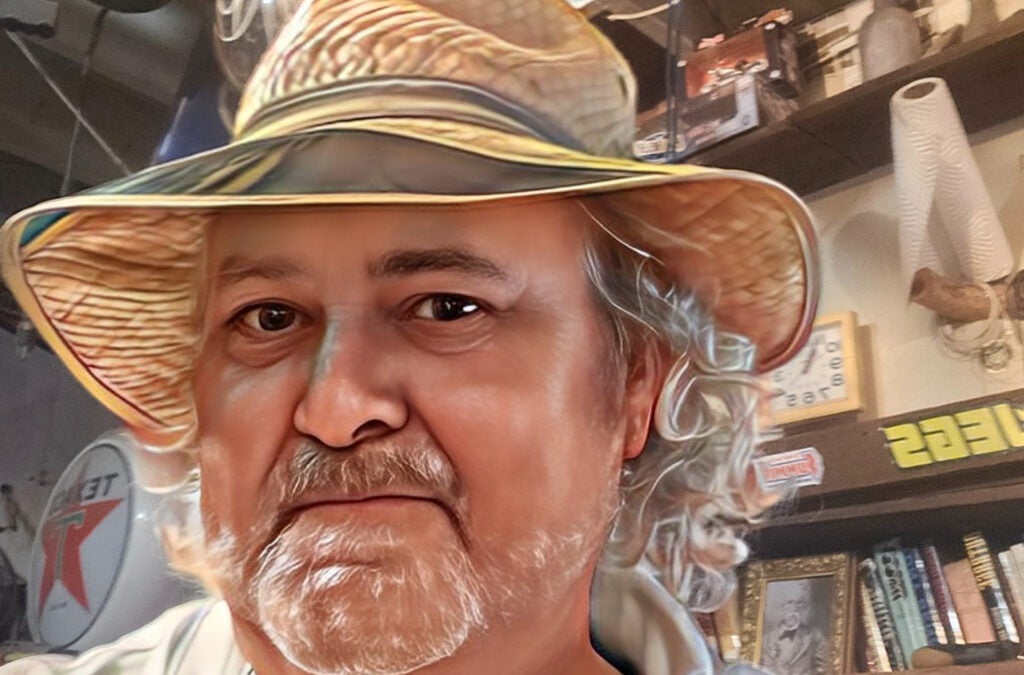The Ruth Patrick Science Center (RPSC) will be hosting a viewing for local stargazing aficionados to watch the partial eclipse on Monday, coordinated with USC Aiken’s Astronomy Club. Curious onlookers will have a chance to witness the astronomical event at the DuPont Planetarium on campus.
The upcoming eclipse is an exceptional occasion in which the orbit of the moon situates it between the Earth and the sun.
“As it goes in between the two, its alignment is just right, so that it blocks the sun,” explains Director of RPSC Gary Senn. “It’s a pretty rare event, because the moon’s orbit is a little bit inclined relative to the orbit of the Earth around the sun, so it doesn’t happen every time.”
The moon will appear to cross right in front of the sun, but will not block the sun entirely, as in a total eclipse; but rather will cover, at the maximum of the eclipse, 76% of the sun’s surface.
Senn notes that those looking closely might find still find it to be a little darker outside.
“But most people wouldn’t even notice that’s happening,” he said.
The last eclipse visible from the CSRA occurred on Oct. 14, 2023. This was what is known as an annular eclipse, in which the moon blocks the sun, but is positioned so that its diameter is not enough to cover the surface, causing the visible portion of the sun to appear as a ring of fire around the moon.
The RPSC will sell special eclipse glasses to safely watch the eclipse directly, but will also offer other means to observe, including a large computer screen projection and via streaming from NASA TV.
Attendees will even be able to watch the proceedings with a colander.
“You can use that, let the sun shine through it, and then on the ground you’ll see a lot of miniature images of the eclipse,” said Senn.

The next total eclipse visible in the U.S. is to occur in August of 2044, but only in Montana and South Dakota, followed by another eclipse whose totality will be visible in the U.S. from coast to coast will happen the following year.
The Ruth Patrick Science Center, at 427 Scholar Loop in Aiken, will host its partial eclipse viewing on Monday, April 8 from 1:50 p.m. to 4:23 p.m., with the eclipse maximum at 3:08 p.m. The event is free and open to the public.
Skyler Q. Andrews is a staff reporter for The Augusta Press. Reach him at skyler@theaugustapress.com.










